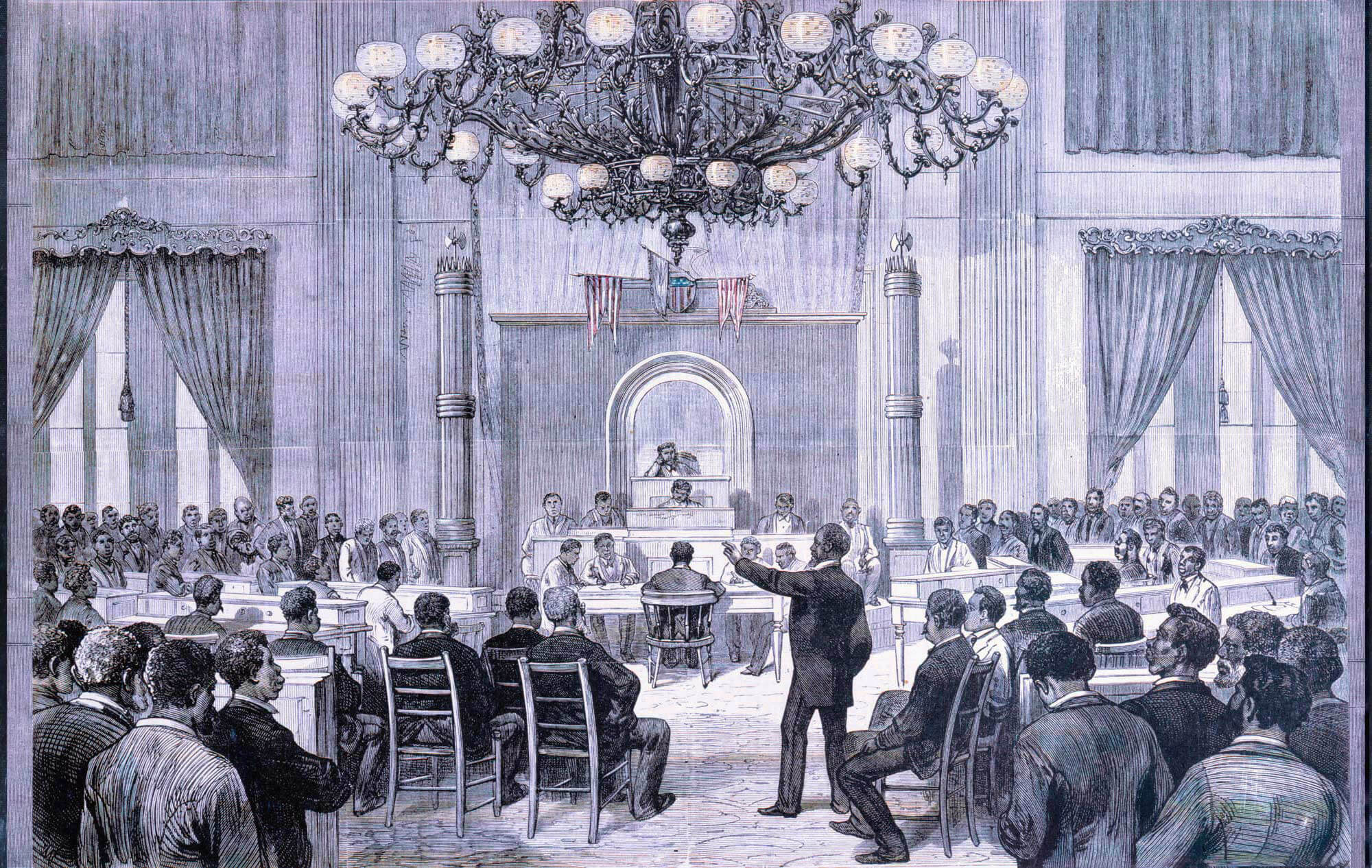Gettysburg National Military Park, Harpers Ferry National Historical Park
Deadline: Monday, January 28, 2019
Do you have an interest in preserving our nation’s history and sharing it with the public? Do you want to put your knowledge of history to good use this summer?
The Richards Civil War Era Center at Penn State invites applications from qualified Penn State undergraduate students for four paid positions at historic sites during the summer of 2019: two at Gettysburg National Military Park and two at Harpers Ferry National Historical Park. The internships provide students hands-on experience in the work of public history. These non-credit internships come with a $3,500 stipend and free housing at the national parks.
Gettysburg National Military Park
Interpretive operations: The interpretive operations intern designs historical presentations for the public and puts on programs for park visitors that interpret the history of the town and the battle. This intern also periodically designs and participates in living history programs that educate the public on life in the 19th century.
Museum services: The museum services intern will learn fundamental skills of archival and museum management. He or she will assist with inventorying and conserving the park’s vast historical collections, which include diaries and letter collections from soldiers and civilians, as well as material objects from the battle, such as flags and banners, uniforms and weapons, and paintings and prints, among other items.
Harpers Ferry National Historical Park
Education division internship: This internship is especially useful for future teachers, though you do not need to be an Education major to apply. The intern develops and leads a living history program, clothed in period dress, for middle school students participating in the Washington, D.C.-based National Youth Leadership Council. The intern uses the outdoor environment at Harpers Ferry as their classroom. Other duties also consist of educating visitors about different aspects of Harpers Ferry’s long history.
Visitor services: The visitor services intern develops public presentations and walking tours on a variety of topics from Harpers Ferry’s unique history, such as Thomas Jefferson’s survey of the area, John Brown’s raid, the founding of Storer College (one of the nation’s first colleges to admit African Americans), and the birth of the Niagara Movement, the forerunner to the NAACP. The internship involves working at the park’s visitor center, the John Brown Museum, and other locations throughout Harpers Ferry.
Each year, Richards Center interns play a crucial role in the National Park Service’s mission to preserve the nation’s history and help connect Americans to their shared past. If you would like the opportunity to support this mission and gain valuable skills in historical interpretation and public education, we encourage you to apply, following the directions below.
Application Process: Applicants must have at least a 3.0 grade point average at University Park and have not graduated by the time of the internship. Applicants should submit a one-page statement of interest detailing why they would like to work at one of these National Parks and how they think the experience will further their education. They must also provide a résumé, one letter of recommendation from a faculty member (email is acceptable), and an unofficial transcript (it is not necessary to provide a certified official Penn State transcript). Statements of interest and transcripts must be received by Monday, January 28, 2019. Letters of recommendation can follow.
Direct all application materials to Matt Isham, Richards Center Managing Director at mri113@psu.edu. For more information, see the Richards Center Web site: https://richardscenter.la.psu.edu/, or contact Dr. Isham directly. (pdf file – call for applications)
Funding is made possible through the generous support of Larry and Lynne Brown and the National Endowment for the Humanities.
